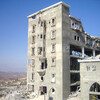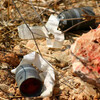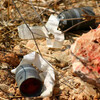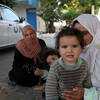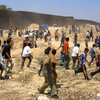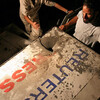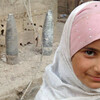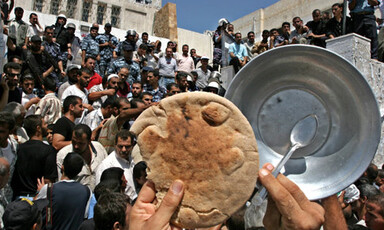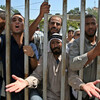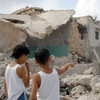
Economic recession looms
30 August 2006
The Lebanese economy could go into recession in 2006 because of the damage done by the recent Israeli offensive and its ongoing air and naval blockade of the country, Lebanon’s Finance Minister Jihad Azour has warned. Azour added, however, that there could be a quick economic turn-around should current circumstances improve. “Yes, there is a risk of negative growth but there is also a chance of a recovery in growth if the blockade is lifted quickly,” he said. However, hopes for an immediate lifting of the blockade were dashed on Wednesday when Israel’s Prime Minister Ehud Olmert rebuffed United Nations Secretary General Kofi Annan’s calls for an end to what he described as a “humiliating” blockade. Read more about Economic recession looms
